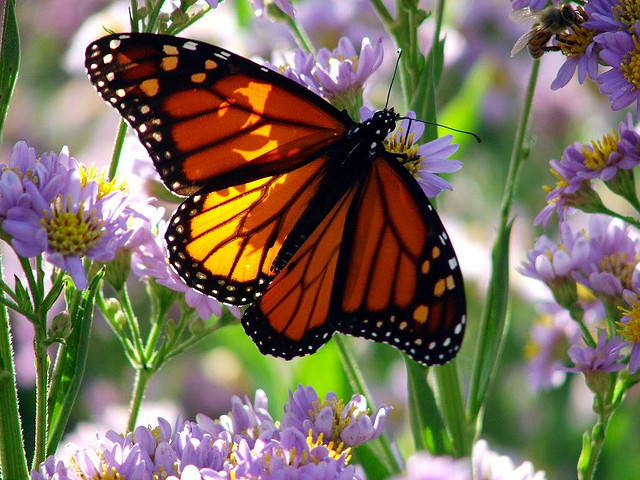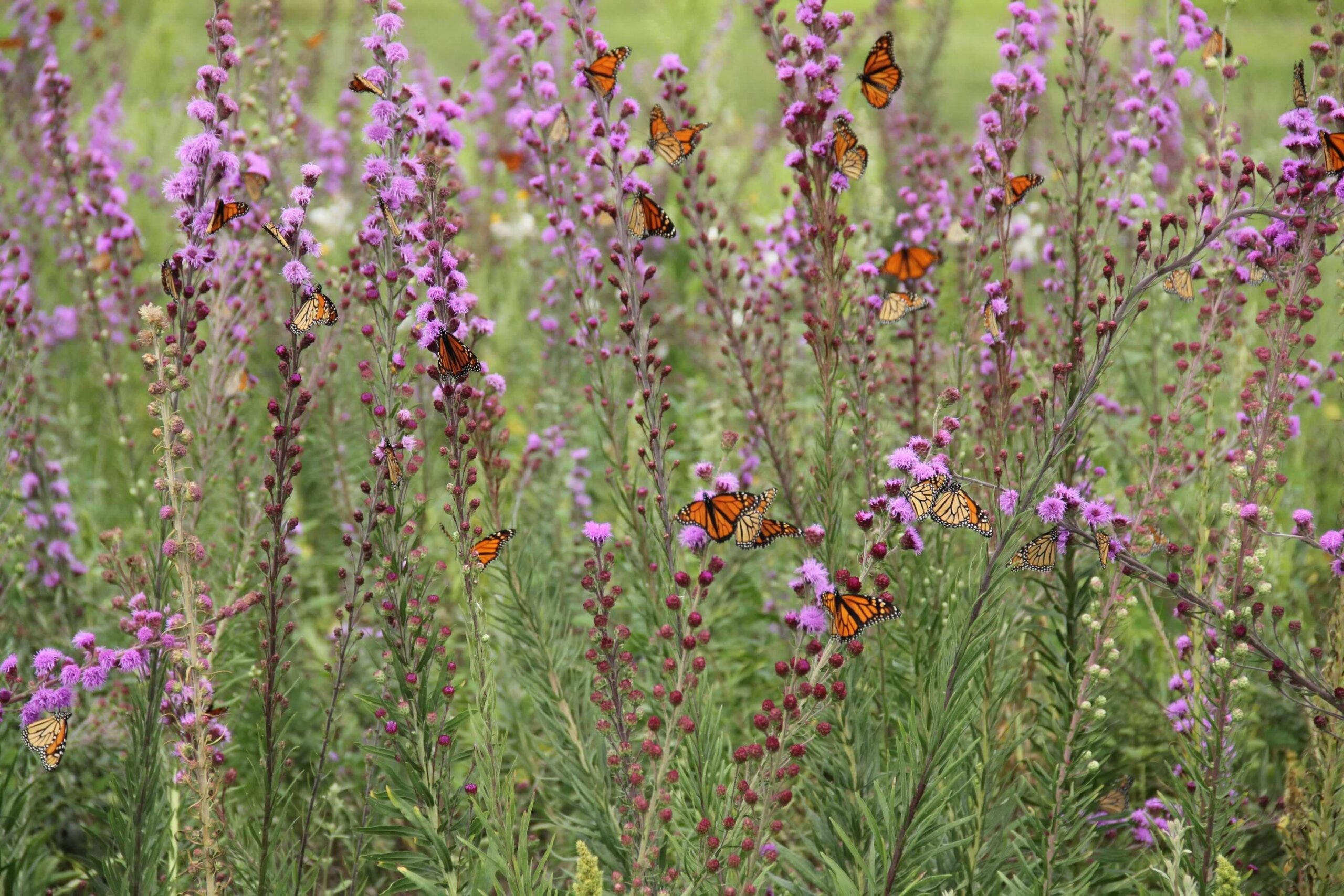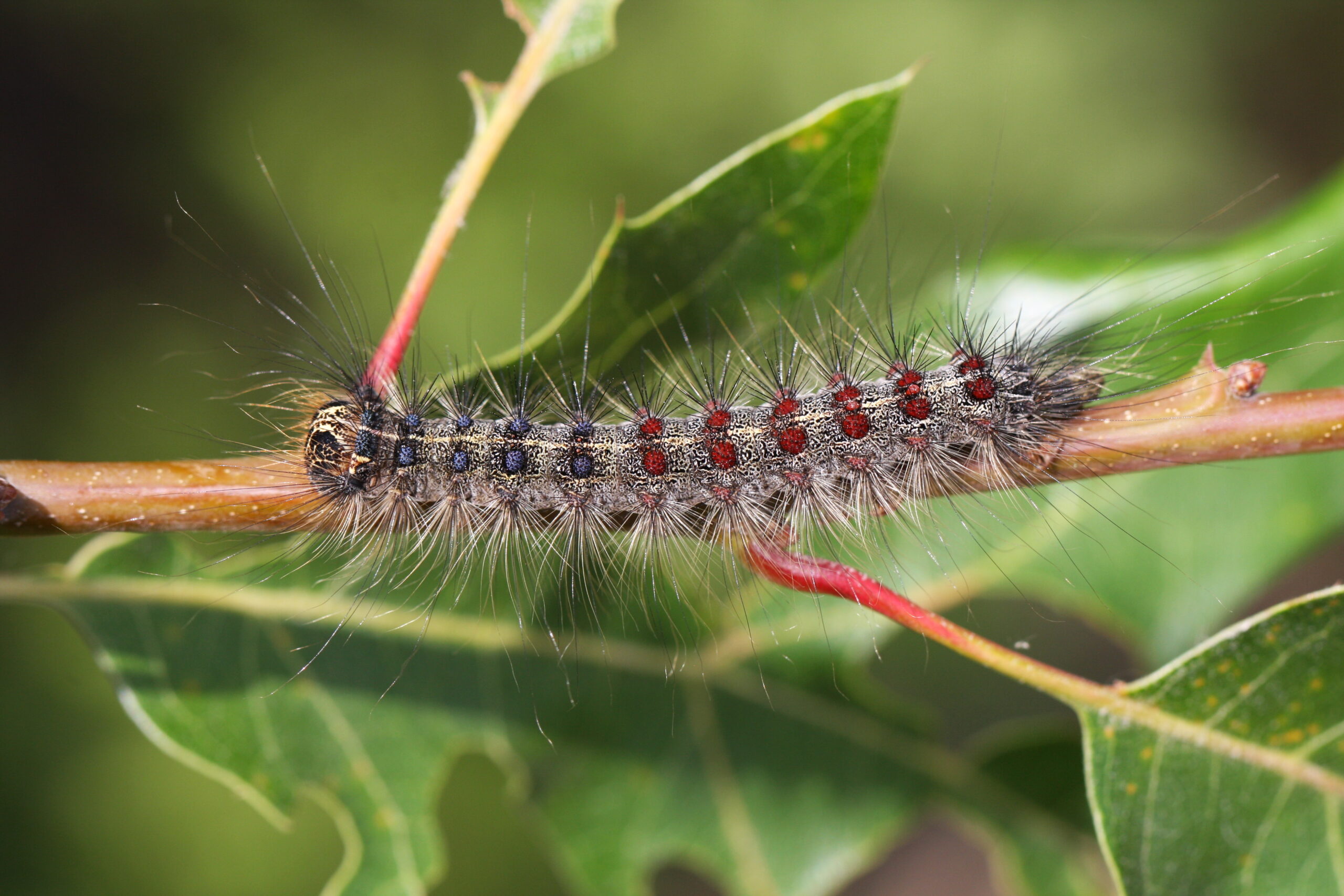Butterflies are back in greater numbers this year. What does this say about the overall health of the species? Larry Meiller’s guest will let us know. Plus, he’ll tell us what to expect from Japanese beetles this summer, and he’ll answer all your burning bug questions.
Featured in this Show
-
After Some Decline, Butterflies Might Be Bouncing Back
An entomologist says that the number of butterflies in the state seems to be up compared to last year.
“Last year, I think I saw my first monarch well into June. This year it was about May 10,” said Phil Pellitteri, the former director of the University of Wisconsin Insect Diagnostic Lab.
Pellitteri said he has already observed a variety of butterflies, including monarchs, red admirals, and all three species of swallowtails.
He said he believes that the early resurgence of butterflies is likely linked to the weather. While many were concerned that the harsh winter last year would have a detrimental effect on the butterfly population, Pellitteri said most butterflies were in a life stage that kept them well protected from the types of extremes that above-ground plants, for example, were exposed to.
The monarch butterfly population has been under the microscope for the last couple of years due to concerns about poor breeding and threats to the overwintering sites they rely on. While it may appear as though the population is bouncing back this year, Pellitteri said it’s too soon to tell whether it indicates a long-term improvement.
“We won’t know where we’re at until we get in the fall migration,” Pellitteri said. “In past experiences, we’ve went in these historic lows, and all of a sudden if you got a good year, they come back very strong, so I’m hopeful that we’ll be there.”
Pellitteri said there are small steps people can take to encourage population growth, like planting milkweed in their backyards or gardens, which attract monarchs. Additionally, Pellitteri said people can help simply by rescuing caterpillars, which are often vulnerable to predators.
“If I find a half-inch long caterpillar, if you’re really trying to get a successful adult off, it’s best to bring it in the house and babysit it,” he said. “Keep it away from predators and the like and you’ll have a higher success rate of getting adults.”
Episode Credits
- Larry Meiller Host
- Cynthia Schuster Producer
- Phil Pellitteri Guest
Wisconsin Public Radio, © Copyright 2024, Board of Regents of the University of Wisconsin System and Wisconsin Educational Communications Board.





